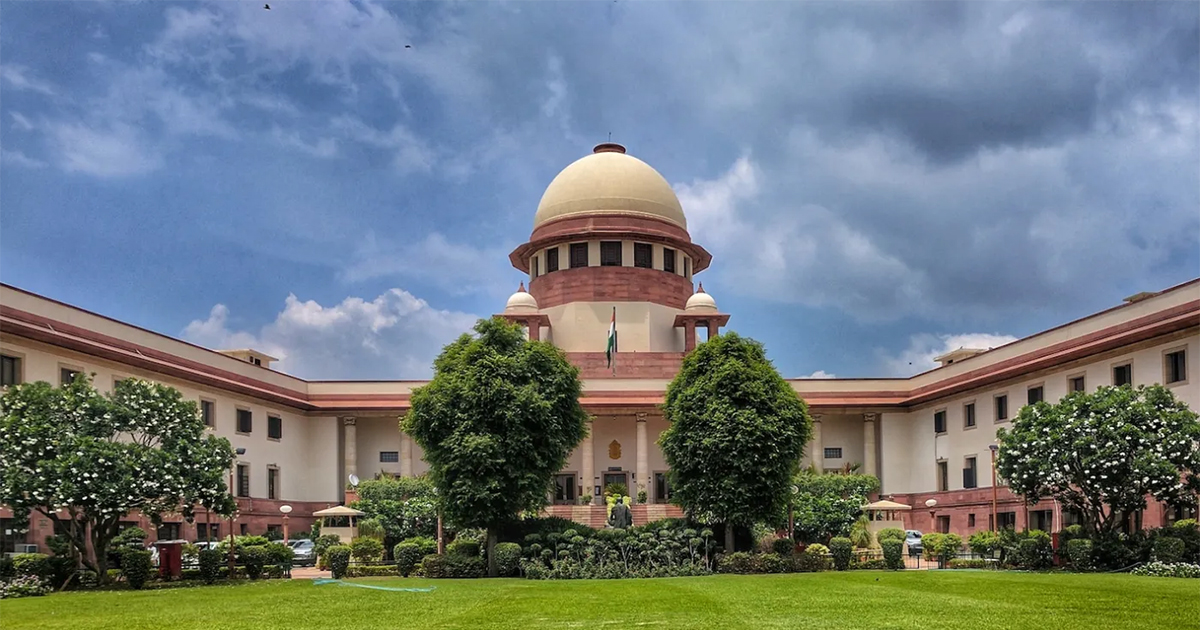Supreme Court Lawyer
Supreme Court Lawyer: The Role, Responsibilities, and How to Choose the Right One
In India’s complex judicial system, the Supreme Court stands as the ultimate authority, serving as the final arbiter of legal disputes and constitutional interpretations. When a case reaches this pinnacle of the legal hierarchy, it requires not just any legal representation but the expertise of a Supreme Court lawyer. At NLS Juris, we understand the gravity of such matters and the critical role a seasoned advocate plays at this level.
In this blog, we’ll explore who a Supreme Court lawyer is, what they do, and why hiring one can make or break your case at the highest level of justice.

Who Is a Supreme Court Lawyer?
A Supreme Court lawyer is an advocate who is licensed to practice in the Supreme Court of India, the apex judicial body of the country. These professionals have extensive experience, have passed the Supreme Court Advocate-on-Record (AOR) examination, and are well-versed in constitutional law, appellate practice, and complex litigation.
Only an Advocate-on-Record (AOR) is authorized to file documents and represent clients officially in the Supreme Court. Hence, when you’re searching for legal representation at this level, it’s crucial to ensure that the lawyer or law firm you engage has the necessary qualifications and recognition.
The Unique Role of a Supreme Court Lawyer
Practicing in the Supreme Court is a responsibility that requires deep knowledge, precision, and strategic acumen. Here are some of the key responsibilities a Supreme Court lawyer takes on:
- Appellate Advocacy
The Supreme Court mostly hears appeals from lower courts and high courts. A Supreme Court lawyer must be adept at presenting arguments that question the interpretation of law, highlight errors in lower court judgments, or bring forward significant constitutional matters. - Constitutional Law Expertise
Many cases before the Supreme Court involve the interpretation of the Constitution. A skilled Supreme Court lawyer must be able to analyze provisions of the Constitution in light of evolving jurisprudence and judicial precedents. - Drafting and Filing Petitions
From Special Leave Petitions (SLPs) to Writ Petitions and Review Petitions, a Supreme Court lawyer is responsible for drafting clear, precise, and persuasive legal documents. Only AORs can file such petitions officially in the court. - Legal Research and Precedent Analysis
The Supreme Court functions heavily on past judgments and precedents. Lawyers must conduct rigorous research to back their arguments with the most relevant case laws. - Representation and Oral Arguments
Oral advocacy is crucial in the Supreme Court. A Supreme Court lawyer must present the case succinctly, respond to judges’ queries instantly, and stay composed under intense scrutiny.
Types of Cases Handled by Supreme Court Lawyers
At NLS Juris, our team of Supreme Court lawyers handle a wide variety of matters, including:
- Constitutional Matters: Interpretation and enforcement of fundamental rights.
- Civil Appeals: Property disputes, inheritance, contract disagreements.
- Criminal Appeals: Convictions or acquittals challenged in higher courts.
- Writ Petitions: Violations of fundamental rights or challenges to government actions.
- Special Leave Petitions (SLPs): Requests to the court to hear appeals not otherwise permissible.
Review and Curative Petitions: Seeking re-evaluation of the court’s decisions.
When Should You Hire a Supreme Court Lawyer?
Hiring a Supreme Court lawyer should be a considered decision, usually arising in one of the following situations:
- You have exhausted legal remedies in lower courts and wish to appeal.
- Your case involves substantial constitutional questions.
- You are filing a writ against the government or a public authority.
- There’s a significant miscarriage of justice in a lower court’s decision.
- You need professional assistance to file a Special Leave Petition.
Engaging a competent Supreme Court lawyer early in the process can significantly impact the outcome of your appeal or petition.
How to Choose the Right Supreme Court Lawyer
Choosing the right Supreme Court lawyer is critical, as the stakes are usually very high. Here’s what to look for:
- Certification as Advocate-on-Record (AOR)
Ensure that the lawyer is officially registered with the Supreme Court to file and represent cases. - Experience and Track Record
Look into the lawyer’s history of handling similar cases. Experience in Supreme Court litigation is vastly different from trial court practice. - Expertise in Subject Matter
Some lawyers specialize in constitutional law, while others may focus on criminal or civil matters. Choose someone with relevant subject-matter expertise. - Reputation and Peer Recognition
A lawyer’s reputation among peers, media, and previous clients can say a lot about their professionalism and capabilities. - Accessibility and Communication
Supreme Court cases require regular strategy updates and document submissions. Choose a lawyer who is approachable and communicates clearly.
Why NLS Juris Is Your Trusted Legal Partner
At NLS Juris, our panel of Supreme Court lawyers brings decades of combined experience, strategic insight, and a commitment to justice. We are proud to have represented clients across India in high-stakes litigation, constitutional challenges, and precedent-setting cases.
Whether you are an individual, business, or institution facing a complex legal issue, our team will guide you from petition drafting to final hearing with transparency and integrity. We prioritize our clients’ interests while navigating the challenging corridors of India’s apex court.
